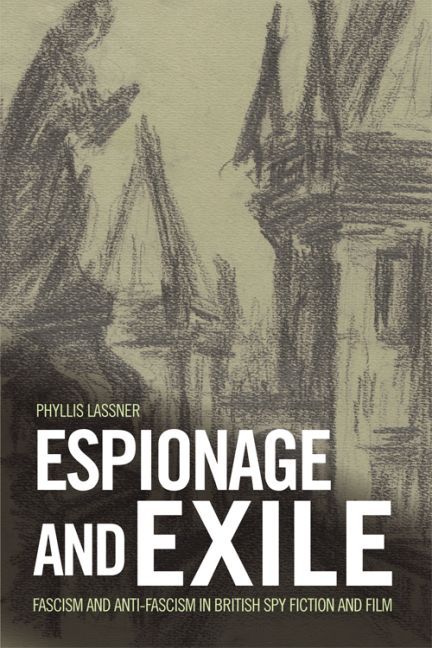Book contents
2 - Double Agency: Women Writers of Espionage Fiction
Published online by Cambridge University Press: 12 September 2017
Summary
While critical attention to women writers of detective fiction only continues to proliferate, those who wrote espionage fiction are still neglected. Studies of ‘golden age’ writers of detective fiction such as Agatha Christie, Dorothy Sayers and Margery Allingham abound, while mention of Helen MacInnes and Ann Bridge produces mostly blank stares. This disparity is especially surprising since plots in both genres are based on similar templates: suspicion, assassination, investigation, deception and betrayal. While it is also true that spy fiction is most often a man's game and of political import beyond the social order of country houses and picturesque villages, this is not so different from the key players and subjects of detective fiction. Christie's Hercule Poirot, Sayers’ Lord Peter Wimsey and Allingham's Albert Campion are frequently called upon to save the nation from internal plotters and international agents. Indeed, despite different narrative constructions of suspense and investigation, both genres are often classified as thrillers. Of course the neglect of espionage fiction by women writers is also a matter of the marketplace: having been out of print for decades, their novels have been invisible.
If, however, one considers this phenomenon a case of gendered neglect, then voluminous questions arise, including women writers’ narrative relationship to the conventions of spy fiction. As with studies of middlebrow fiction, reading women's spy thrillers reveals their keen insights into narrative and political relationships. As Janet Montefiore demonstrates, these insights are based on viewing ‘women as historic subjects’ and as voices of political conviction and activism (20). Interestingly varied in narrative techniques and insights, such writers as Helen MacInnes, Ann Bridge and Pamela Frankau also share thematic ground with other writers in this book. Like Eric Ambler and Leslie Howard, MacInnes, Bridge and Frankau dramatise ethical and political concerns about the viability of a second world war. Like those by John le Carré, women's novels of the Cold War are compelled by reassessments of victory over Nazism in World War II. This chapter will examine how women writers’ representations of pre-war tensions, wartime espionage and Cold War memories of World War II trouble and revise the genre's gendered conventions and perhaps even readers’ expectations.
One significant difference between the men and women writers I study is that spy protagonists created by women writers are often women.
- Type
- Chapter
- Information
- Espionage and ExileFascism and Anti-Fascism in British Spy Fiction and Film, pp. 69 - 117Publisher: Edinburgh University PressPrint publication year: 2016



